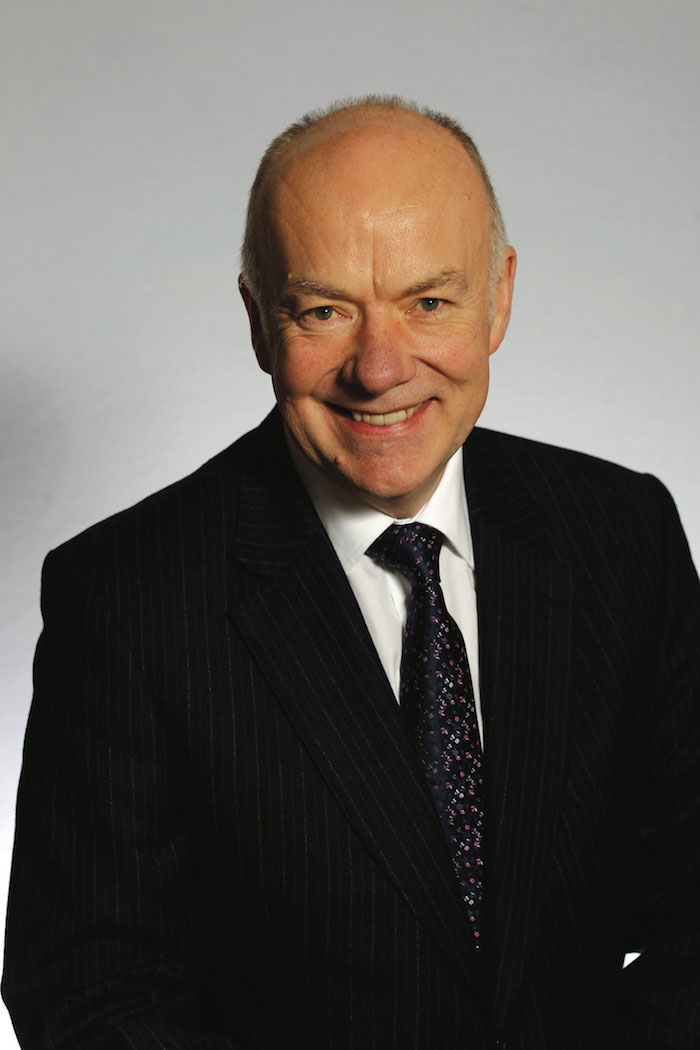 Let’s prioritise prevention before cure
Let’s prioritise prevention before cure
Peter Hannibal, CEO of the Gambling Business Group, which brings together the gambling verticals into a single strategic cross-sector body, argues that calls in the British Medical Journal for a mandatory tax on the industry miss the point and why the voluntary levy should be redirected from academic research into education and prevention.
The gambling industry continues to be the subject of a tsunami of academic research, wave after wave concluding with the recommendation that more research is required – we should not overlook the fact that such research is invariably accompanied by a significant fee! The latest piece of insight has been conducted by academics from the UK and Australia, published in the British Medical Journal and subsequently reported on by a string of national and international media.
Dr Heather Wardle, assistant professor at London School of Hygiene & Tropical Medicine and the paper’s lead author, claims that the harms caused by gambling have been vastly underestimated and that as a consequence it’s time to act in order to reduce them. This, according to Dr Wardle, is going to require a much more significant level of funding than is currently available resulting in her call for, and I quote “a compulsory levy on the industry,” which she believes will raise an annual sum in the region of £70m.
Putting to one side the research paper’s somewhat curious comparisons with the per capita spend in New Zealand, the real point of contention is that the UK already has the ability to deal with this issue, all it requires is a shift in focus.
There’s no doubt in my mind that we can derive better value from the money that we already have at our disposal. We should be spending more of our money on education and prevention and much less on academic research, which the evidence shows has failed to inform the debate or move it on in more than ten years. The majority of research funding should therefore be moved into education and prevention until it can be proven that research into problem gambling actually adds to the debate.
The report also claims that the economic cost of gambling-related harm is being “significantly underestimated”. However gambling-related harm is a nebulous concept that has yet to be defined properly, even after years of academic work on the subject. It cannot be measured and to spend money on reducing it is of no use whatsoever to those who need help and support. All of our efforts should be channeled into treating those who need help with their addictions.
There is enough money in the GambleAware coffers and those sums should be made available to deal with every problem gambler who asks for treatment. GambleAware and the Gambling Commission should make it their number one commitment to see that problem gamblers are not kept waiting for weeks and months until spaces become available for them to be treated. This is not how we should be dealing with those who are desperate and asking for our help.
Gambling only becomes a problem when people lose control of their gambling activity. Whilst gambling entertainment does not represent a problem for over 99% of the UK population, we should all be making every possible effort to help the small number of vulnerable people in our society to stay in control. We should make every effort to stop problem gambling happening in the first place. We need to refocus our efforts and not get distracted by the politics. What we shouldn’t do is build a huge bureaucratic empire under the auspices of a ‘public health’ agenda when it is well within our gift to protect those who need protecting.
